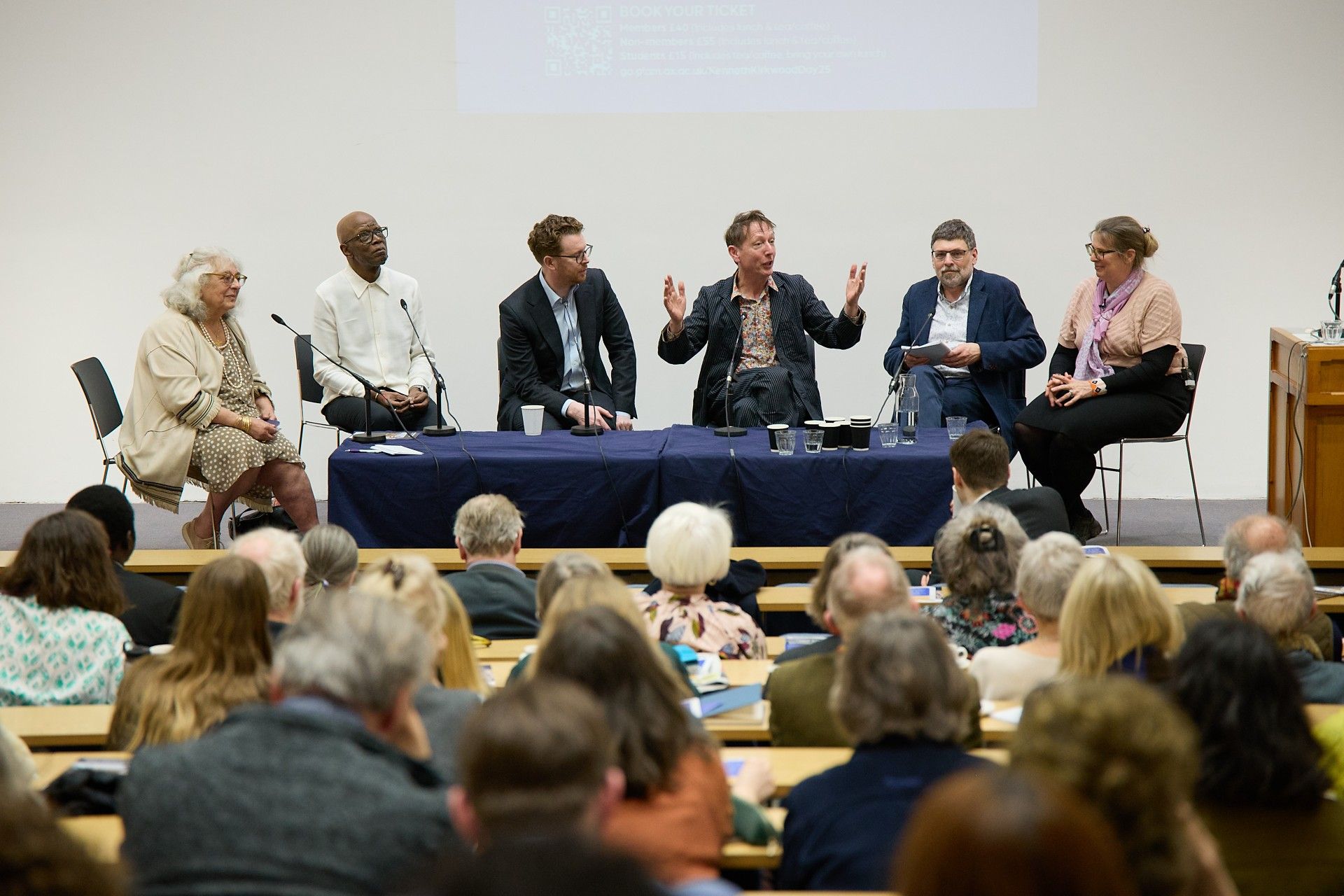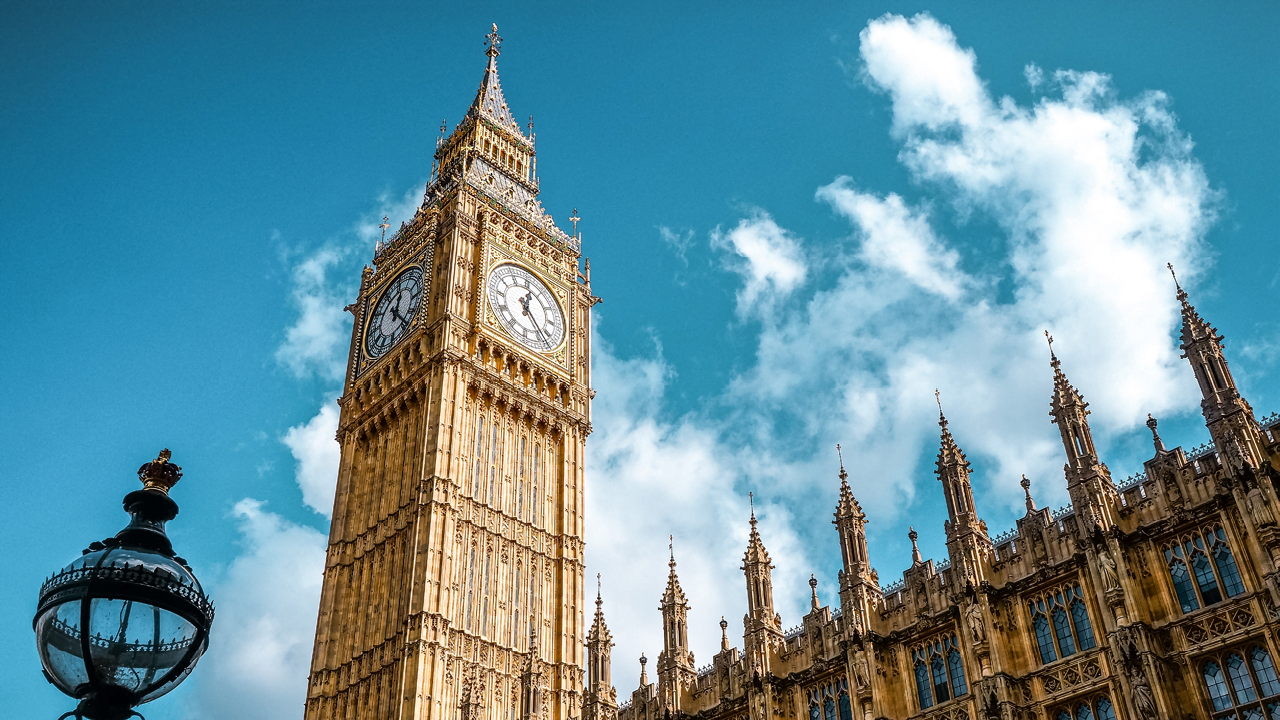Cultural Restitution
SHARE ARTICLE
Frustrated by the failure of Belgium’s state museums and government to engage in a serious debate about the management and restitution of its colonial collections, an independent group of Belgian heritage professionals has published its own set of ethical guidelines.
Two years in the making, the group’s lengthy report doesn’t pretend to be anything more than a starting point. However, they still hope their recommendations will help shape the federal restitutions policy of a Special Parliamentary Commission, set up in July 2020 by the government to investigate the country’s colonial past.
New financing for provenance research, an independent commission to evaluate restitution requests and a new legal framework for the return of colonial heritage are all key recommendations of the group’s report.
These Belgian recommendations are still at an earlier stage of development than the policy framework put forward this year by a Dutch Advisory Committee. While the Dutch recommendations already have government endorsement, Belgium still has no official policy on decolonising museums or returning looted colonial artefacts.
But the Belgian and Dutch approaches share many things in common.
Like the Dutch, the Belgian report aims to ensure new ethical policies reflect the demands for ‘equity, reparation and reconciliation with the past that are increasingly resonating within society’. According to the report, this involves placing ‘the individual and human values at the heart of a broad and transversal concept of cultural heritage’.
Just as the Dutch plan to enter into a dialogue with representatives of their former colonies, so the Belgian report also recommends the same inclusive approach, involving engagement with stakeholders from all their former colonies, including the Congo, Rwanda and Burundi. Co-operation with participants from the African diaspora is also recommended.
‘Equitable, honest, and real solutions in this debate cannot be achieved without such a process’, says the report.
Both models recognise that colonial injustice cannot be undone by acts of restitution alone. Restitution must be part of a wider reconciliation and reparation process and should apply to all colonial collections, not just to state collections. The routes they recommend to make this possible are also similar, including the setting up of an independent provenance research institute and the formation of an independent advisory commission to manage all future restitution and provenance requests.
But there are also important differences. Dr Jos van Beurden, a Dutch restitution expert who was involved in preparing this report, has suggested the Belgian group’s guidelines are ahead of the Dutch in two important respects.
Both reports make the case for returning looted objects, but van Beurden points out the Belgian government also wants their Special Commission to consider the role played by the monarchy, Belgium companies operating in former colonies and even missionaries. This goes further than approaches proposed by the Dutch, French or Germans.
The Belgian report also goes further in legal terms. Identifying the opportunities for changes in legislation, the report underlines the country's moral duty to return their colonial heritage and invites government to ‘go beyond the limitations of the existing legal framework in order to make an ethical responsibility heard in law’. In what is a major difference from other approaches, Belgium's proposed draft legislation would be generic. This contrasts significantly, for example, with France where new laws are required for each and every object that becomes the subject of a restitution claim.
We’ve also identified another advantage. While the Dutch believe restitution is a state-to-state matter, proposing to review only claimants from other nation states, the proposed Belgian model would consider all types of claimants: from regional and cultural groups, as well as individual or cultural descendants of makers or owners. Such an approach is more inclusive than other European initiatives and mirrors the experience of several UK institutions, which have been willing to recognise the rights of smaller communities.
The federal government is understood to be interested in this report and while it may take time to forge agreements between the Federal State and the different federated entities, the omens for new legislation are positive.



